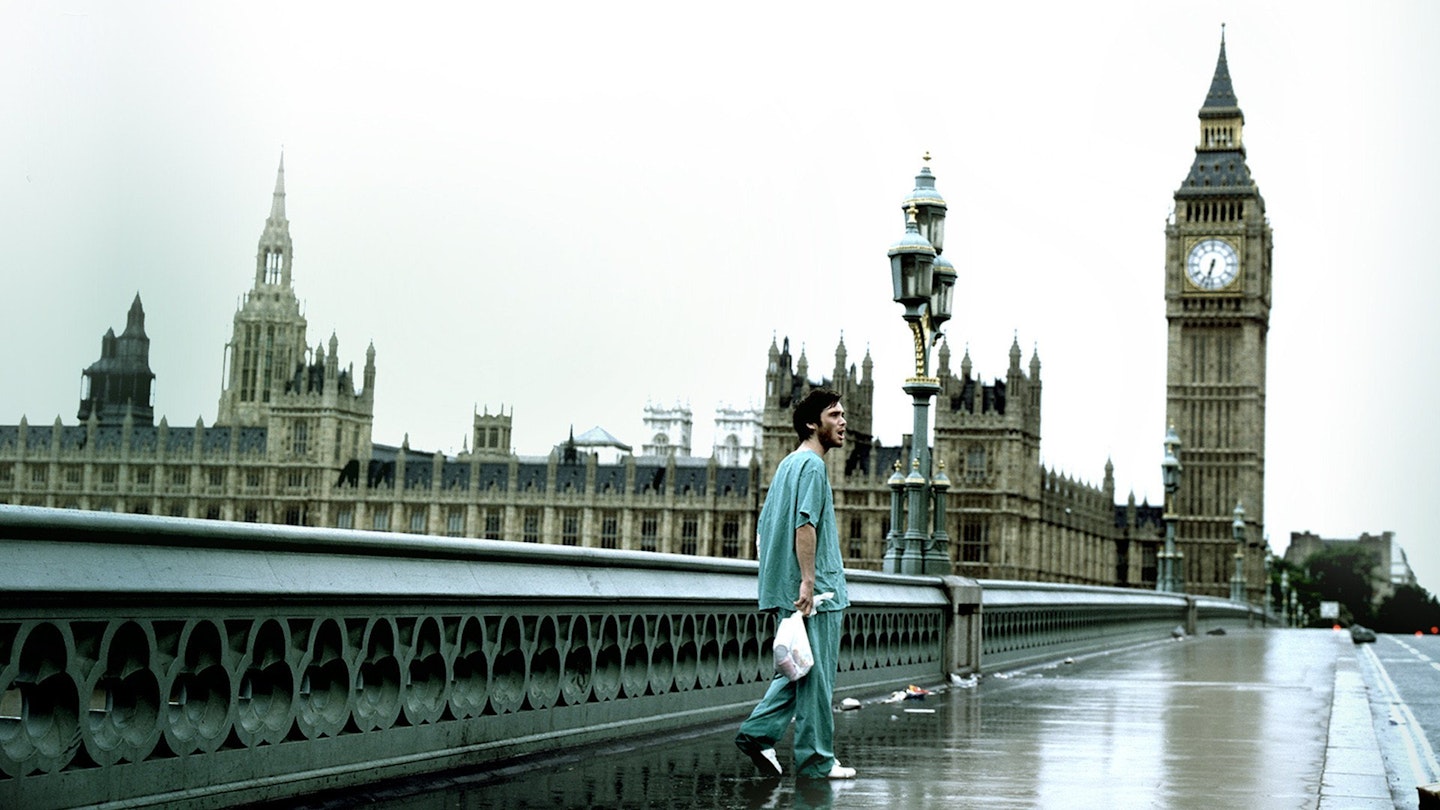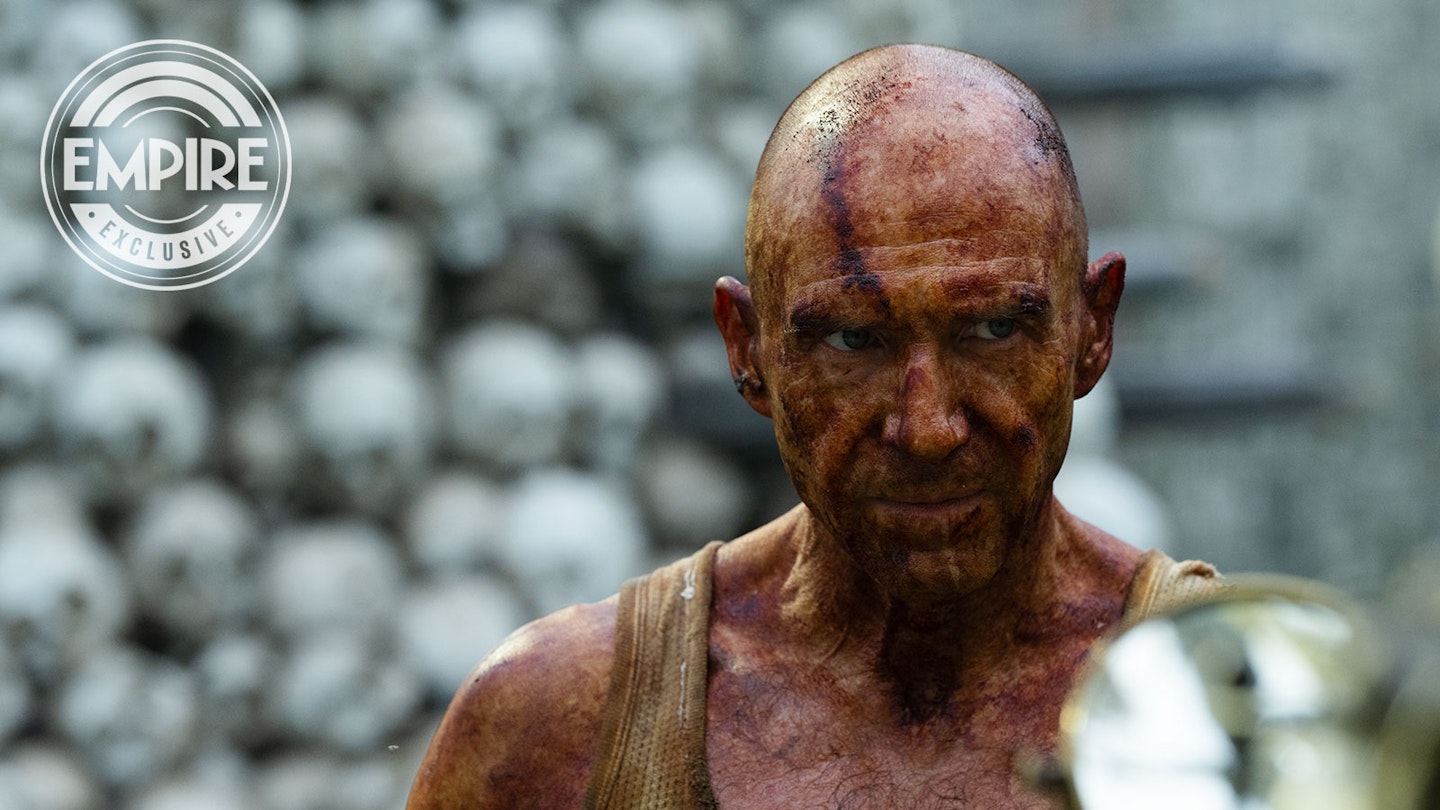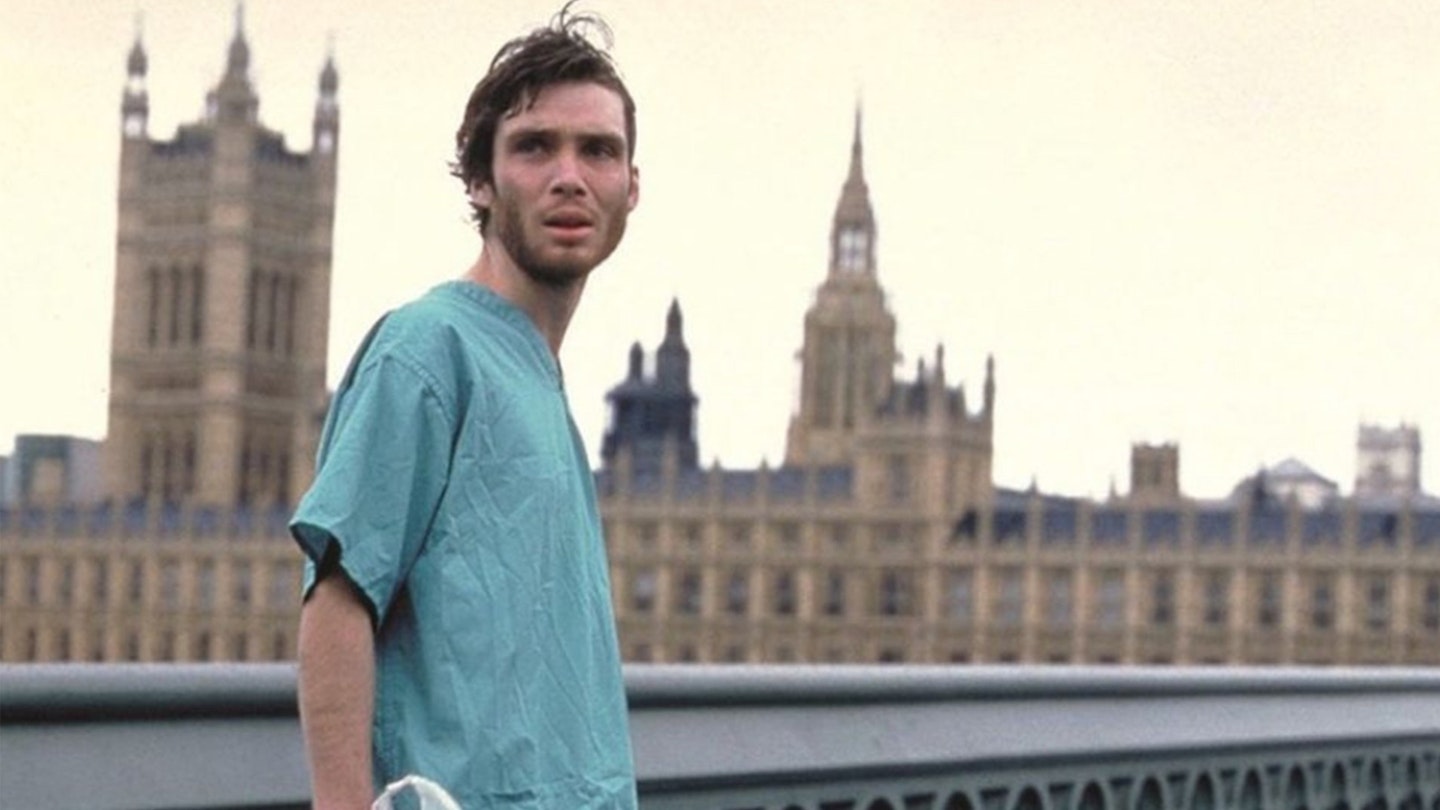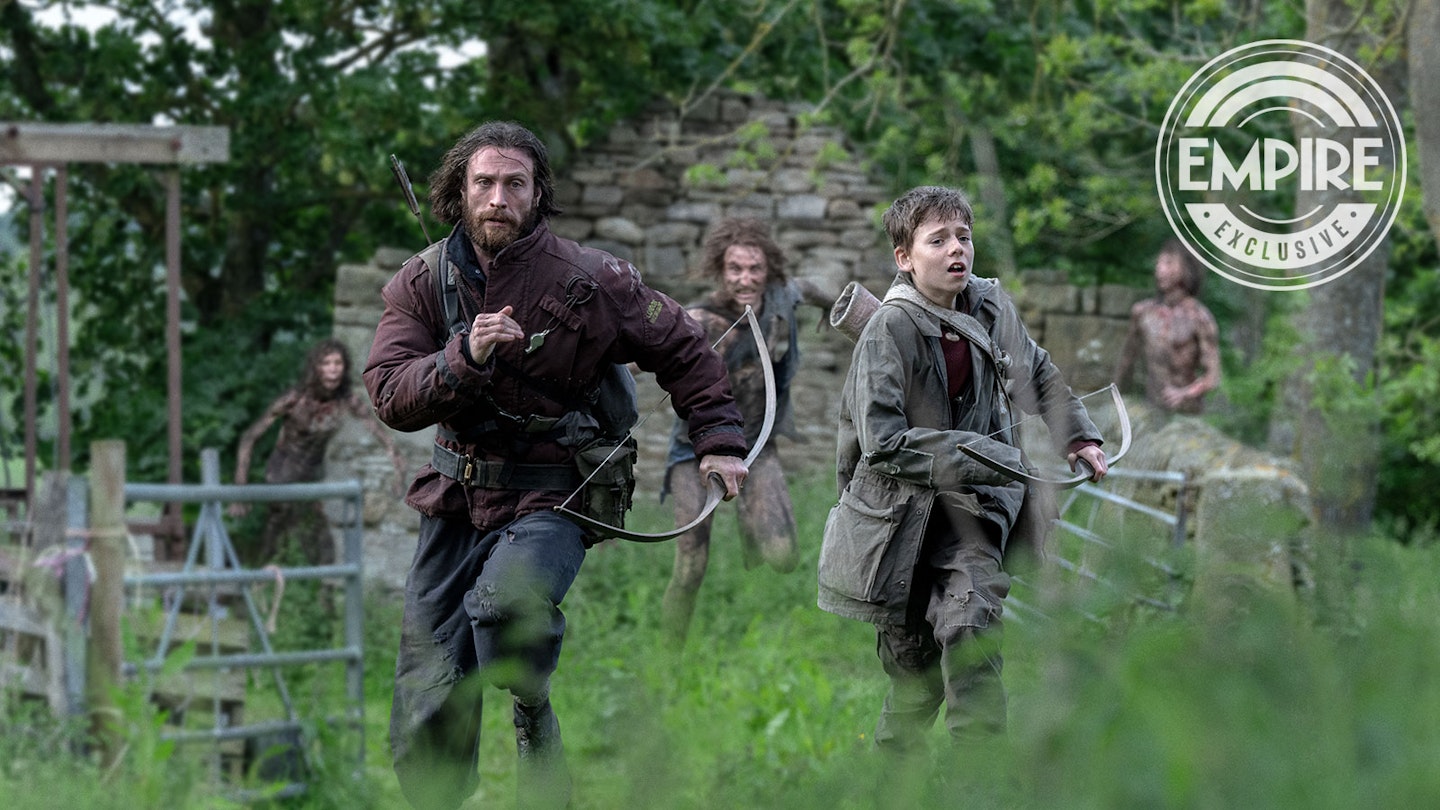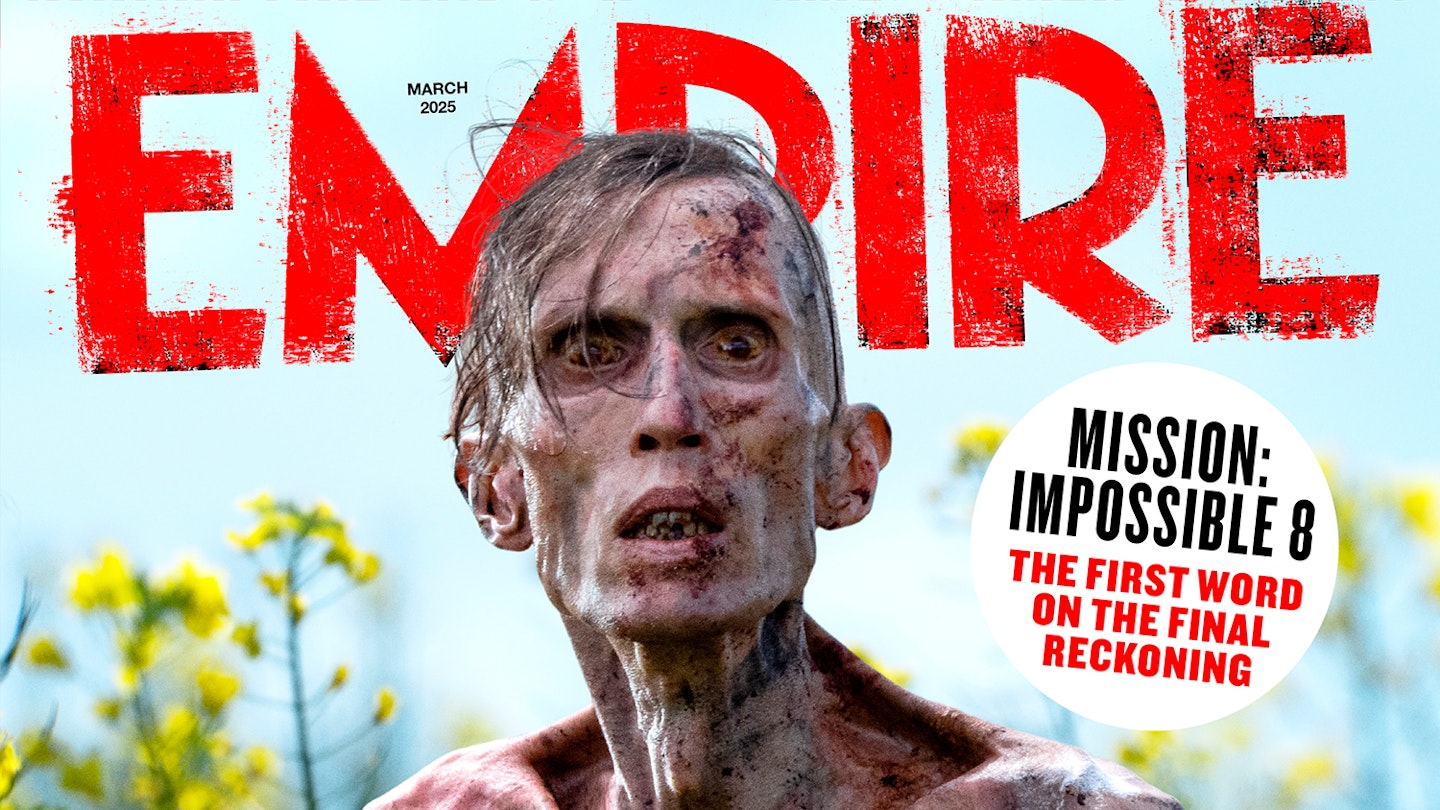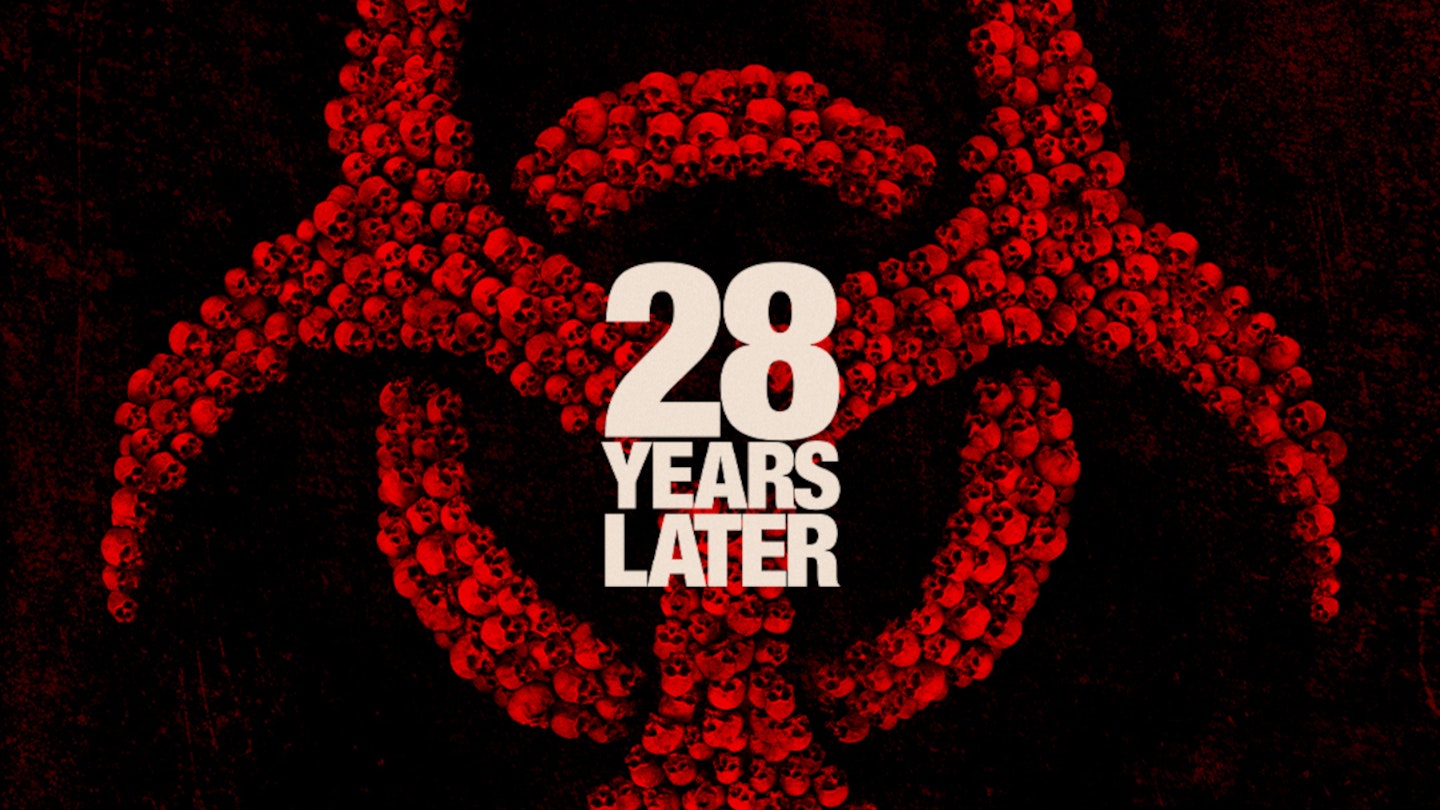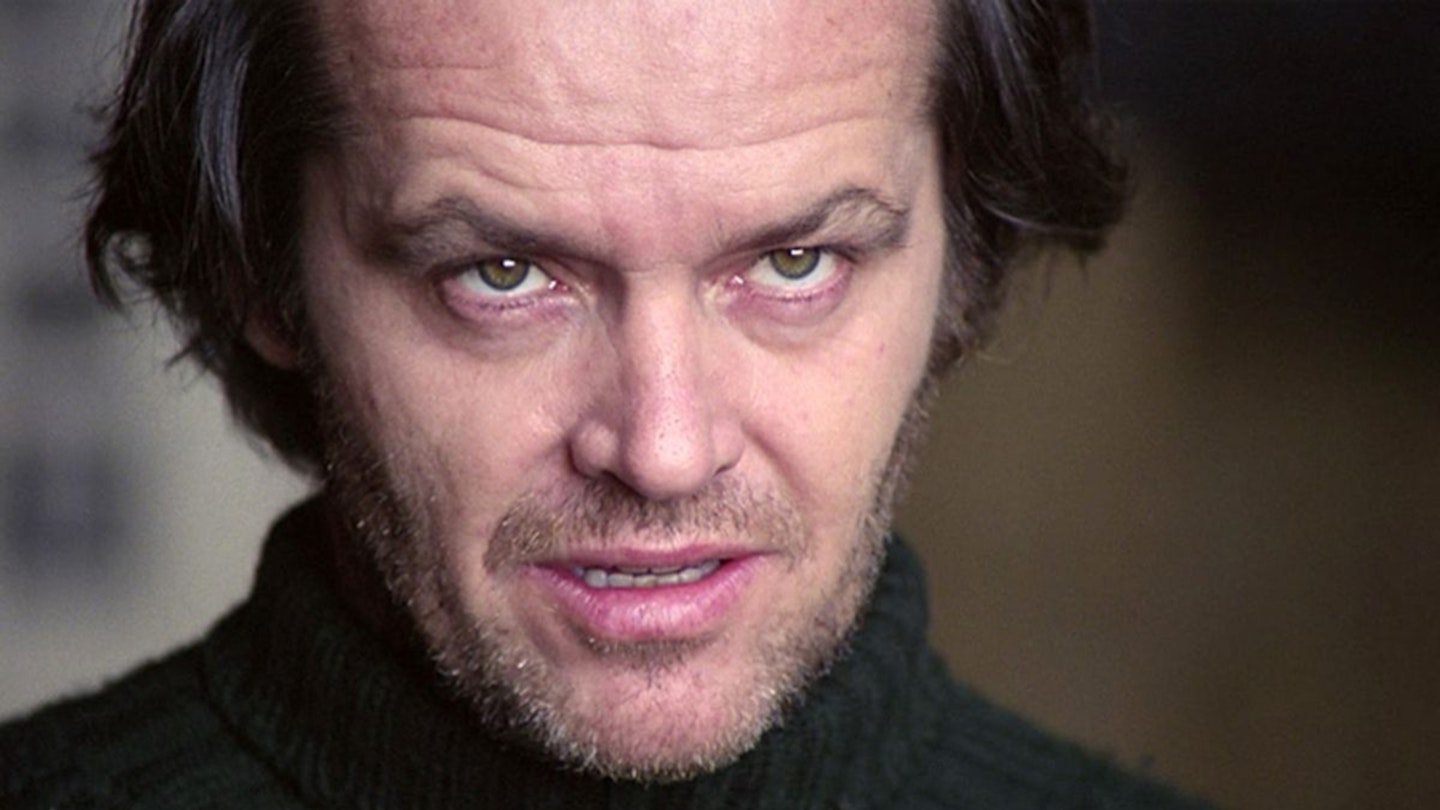The last time a Brit tried to make a zombie movie, it turned out to be Resident Evil - a feeble, bloodless, scareless imitation of George Romero's Living Dead cycle. Here, Danny Boyle and novelist Alex Garland (doing a lot better by an original screenplay than in adapting The Beach) evoke Romero, as survivors try to cope with the evil walking dead and the gun-toting shreds of devastated authority - but they aren't content with mere pastiche.
For a start, they invoke the specifically British roots of this genre. Floating in the mind of 28 Days Later are lasting cultural artefacts passed around or hotly discussed in British school playgrounds for decades: the novels of John Wyndham (the waking-up-in-a-deserted-hospital bit is a nod to Day Of The Triffids) and James Herbert (one scene hinges on a flood of rats); or the science shock TV series Doomwatch (don't trust the labcoats!) and Survivors (if everyone's dead, what's the point in surviving?).
Depopulated London, stunningly achieved by snatched digi-cam shots of empty streets and abandoned landmarks, with minimal CG employed, is a resonant location. It strikes chords with anyone who has ever wondered what the place would be like without people, and is embedded deep in the psyche by everything from H.G. Wells' War Of The Worlds to Daleks: Invasion Earth 2150 AD. An American film on this theme would start with the survivors gathering guns and using them as if they'd been fighting wars all their lives; here, even the toughest character - hardboiled chemist Selena - isn't that skilled at fending off zombies.
Survivalism is better represented by a tower block rooftop covered with a pathetic array of bright plastic buckets, basins and bins to catch rain that hasn't fallen. It proves that, even after the apocalypse, the weather will still be a national obsession and the scene sets up an unforgettable sudden thunderstorm to accompany the fast, gut-punch, brutal third act.
The power of the film is not that it hasn't been done before, but that it hasn't been done recently. Since the early 1970s, British movies have narrowed their focus to the problems of small groups of people, gnawing over microcosm genres like the gangster heist or romantic comedy. Here, we look at a bigger picture, intensifying the situation for a typically Boyle-like knot of antagonistic, uncomfortable characters. Headlines about Tony Blair and talk about The Simpsons insist that this future is just a step away, but forget the rave scene that might theoretically embrace such anarchy - here, the whole of Manchester is on fire and the only use for mood-altering drugs is to numb the mind to literally unbearable realities.
This may be a stylistic break with previous Boyle movies, but it has a similar structure (he likes games of two halves, with a collection of anecdotes setting up a more concentrated narrative). It even falls back on the essay topics of The Beach, as alternative society turns out to be flawed by reliance on brutality and vulnerable to sudden shark/zombie attacks.
Shot with Dogme-like camcorder veracity by Anthony Dod Mantle, the film has space for lyricism as the survivors briefly make it as happy campers in green, damp countryside. But it also pulls daring tricks with speeded-up motion and blobby bloodbursts to make the horror sequences genuinely jarring in a manner that marks a break with the more traditional effects style of, say,** Dog Soldiers**.
There is also room for the subtle, character-based chill: the scariest line is Eccleston's whispered, "Slow down," a pregnant phrase overheard just as we realise how bad things really are.
If you look for flaws, they're there. Any film as rough-edged as this flirts with seeming amateurism, while the third act not only borrows almost wholesale from Romero's Day Of The Dead but hammers home the message about man's inherent inner rage a bit too forcefully. But the powerful, broad-strokes performances (both Murphy and Harris have been noticed by Hollywood since) recall an observation made of 1959 nuclear war movie, On The Beach: that it's impossible to judge the acting since what constitutes appropriate behaviour in this situation is anybody's guess.
